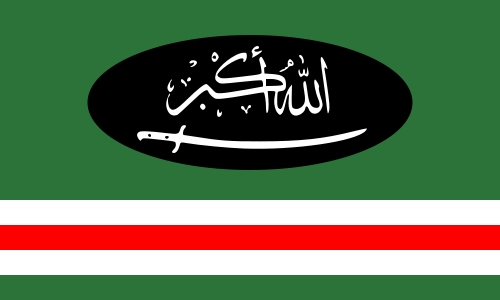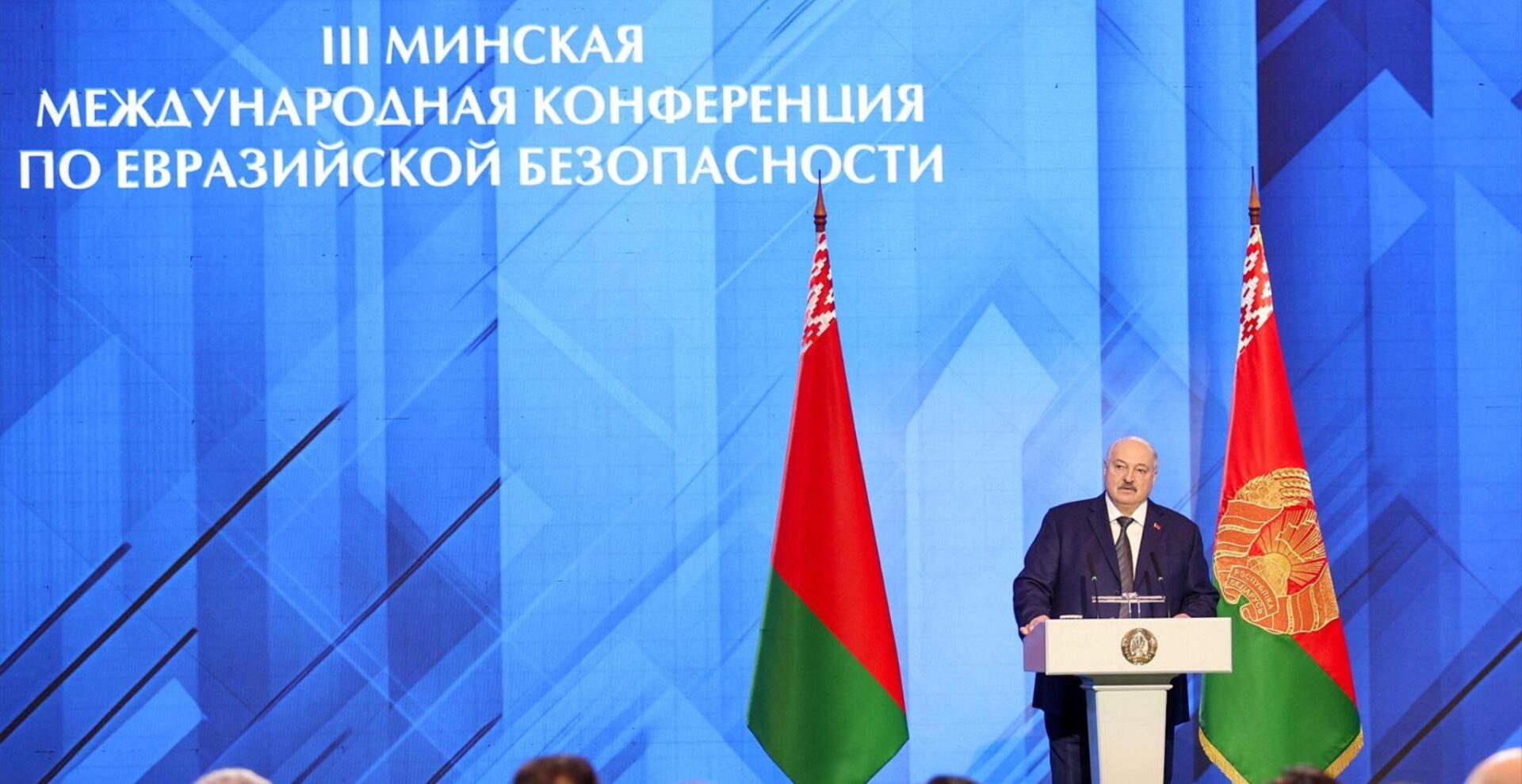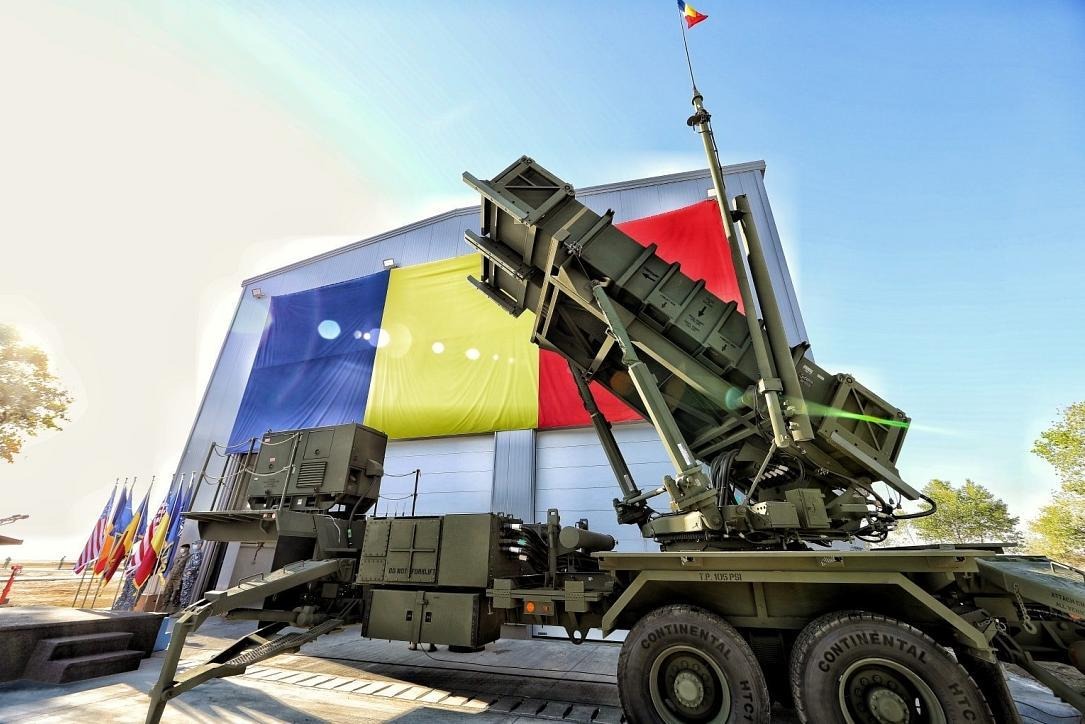
The Caucasus Emirate: a Strictly Home-Grown Movement
The Caucasus Emirate: a Strictly Home-Grown Movement
After a split occurred in the North Caucasus armed resistance movement among the Chechen Jamaat, media and pseudo-analysts once again started to actively talk about Chechen connections with al-Qaeda. Over the course of eleven years of war in the North Caucasus, journalists and politicians from many countries have been trying to find a Chechen footprint in al-Qaeda. According to Andrei Babitsky, a well-known Russian journalist, almost 2,000 of his colleagues were desperately trying to find just a single Chechen to show a possible link between the Chechen rebels and the transnational terrorist network.
(https://web.archive.org/web/20020408224513/www.chechen.org/article.php?sid=1492)
But no one has ever found a Chechen who had been fighting in such hot spots as Afghanistan, Tajikistan, Iraq, etc. Every single person said to be a Chechen ended up being a citizen of the Russian Federation presenting himself as a Chechen in order to increase his significance. It was a favorite topic of Russian media sources to write about those kinds of incidents but they never disclosed the results of their investigations. No Chechen was ever transferred to the Russians; no Chechen ever appealed for help to the Chechen authorities; no Chechen ever tried to reach out to his relatives. A mythical Chechen link thus suited many. For the Russians, this was an opportunity to create in the eyes of the world community the negative image of Chechens as partners of international terrorists. Foreign journalists wanted to prove the trustworthiness of their imaginary conspiracy theory. Foreign military officials, on the other hand, tried to explain the ineffectiveness of their counterinsurgency operations by talking about Chechen mercenaries. The term Chechen has long become a synonym of “incredible audacity and bravery,” and if a town or fortified village in Afghanistan or Iraq puts up a strong resistance, everyone immediately starts to claim that it is because Chechens are defending it.
When the creation of the Caucasus Emirate as a Muslim country was announced in September 2007 – based on the armed underground resistance in the North Caucasus – its leaders portrayed the new entity as both novel and eternal. The fact that they did not declare themselves as a constituent of some party or organization, including al-Qaeda, showed that the Caucasus Emirate was an exclusively local entity having no external linkages for coordinating its activities. When Chechen leaders were killed, al-Qaeda did not make any statements. Arguably, the al-Qaeda leadership poorly understands and hardly knows anything about the location and character of the armed resistance movement in the North Caucasus.
Time has convincingly shown that Chechnya has no role to play in al-Qaeda’s global game. This is largely due to al-Qaeda’s own decision to not fight everywhere and against everybody, although Chechens probably would not have been against some kind of engagement if they had been presented with an opportunity. If al-Qaeda had provided assistance to the rebel movement in the North Caucasus, it would have had to face Russia’ wrath as well, thus exacerbating the global jihadist movement’s situation by requiring it to fight on a multitude of fronts. Al-Qaeda might see some common ground with Russia, as a country that represents a perpetual alternative to the United States across the regions of the Muslim world. There would appear to be a tacit agreement between Moscow and al-Qaeda, although that does not mean that there necessarily are actual direct negotiations on those issues between Russia and the al-Qaeda leadership. This could well be in the form of a policy of noninterference in each other’s actions in territories under their control. For this type of relationship, it is sufficient to not go against each other’s interests. In accusing the North Caucasus rebels of having an al-Qaeda connection, Russia realizes that it is referring to an actor that is not present in the region. Those accusations have no impact on al-Qaeda’s own affairs, thus suiting both parties’ interests. Examples such as the training of pilots in the Chechen mountains for future Twin Towers-like attacks in New York or the discovery of a plot to launch terrorist strikes in London’s underground stations have not been taken seriously except for pro-Kremlin journalists, for some analysts and a whole cohort of commissioned experts on the Caucasus who are trying at all costs to depict Russia as a “democratic” country, though with shades of a barbarian.
Since the emergence of this global terrorist network, al-Qaeda has never perpetrated any actions against Moscow that would undermine the latter’s political or economic interests. The one exception to this pattern was the killing of Russian diplomats in Iraq (www.lenta.ru/news/2010/05/23/execution/). The neutrality declared by al-Qaeda vis-à-vis Moscow seems to be truly advantageous to Russia’s geopolitical interests. The never-ending stories attesting to the actions undertaken by al-Qaeda emissaries in the North Caucasus region are nothing but an attempt to portray Russia as a victim of one of the world’s most infamous terrorist organizations. Al-Qaeda’s policy of neutrality toward Russia could be the result of some agreement at the earliest stages of the establishment of that organization in Afghanistan that excluded Russia from the list of al-Qaeda’s major enemies. Otherwise, it is difficult to explain why al-Qaeda’s leadership has no desire to see the militants in the North Caucasus as their supporters or comrades-in-arms. However, Russia is not exceptional in this regard. The same rule that applies to Russia also applies to China, although there is a significant Uighur Muslim community in northwestern China. But, apparently, the al-Qaeda leadership does not count those Muslims as part of the Umma. That means that there is some selectiveness on the part of al-Qaeda in choosing its friends and enemies.
In that case, it could be assumed that the North Caucasus rebels, finding themselves neglected by al-Qaeda, chose to create their own alternative to win the hearts and minds of the Muslim population. But the creation of the Caucasus Emirate coincided with a period when the armed resistance was not at its height. The heavy losses inflicted on the rebels forced them to embark on a more cautious policy than they would have wanted to undertake.
Whatever the case, it must be taken into account that the North Caucasus armed resistance is an autonomous movement whose actions are not coordinated with any of the well-known terrorist organizations. It can also be stated that the North Caucasus movement is still defining its global tactics and strategy. It is a movement split between national and radicals of the Salafi variety. Only the future will show whose world view will prevail.


